STANDING THE GAFF: On Hundred Years of Davis Day
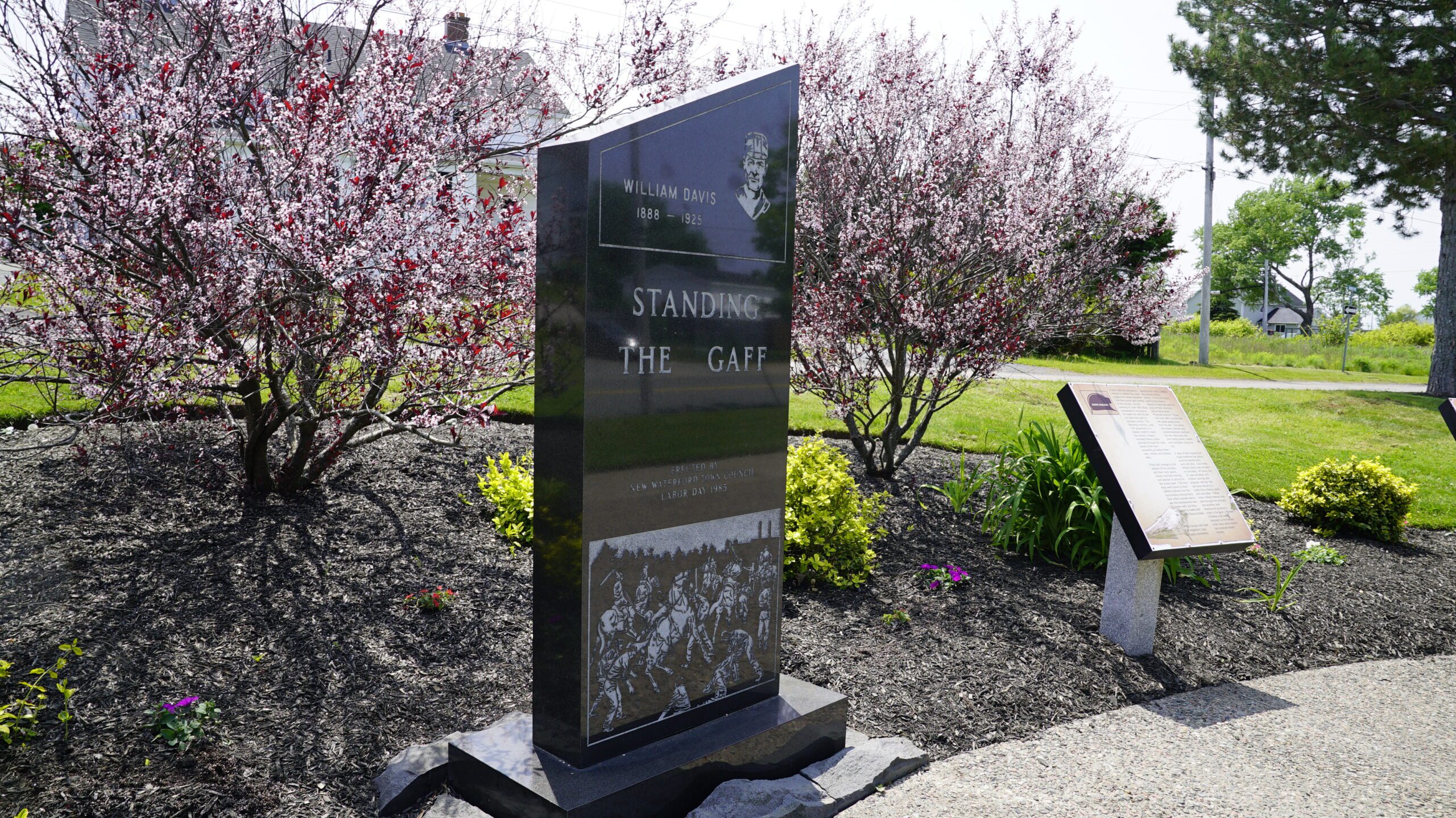
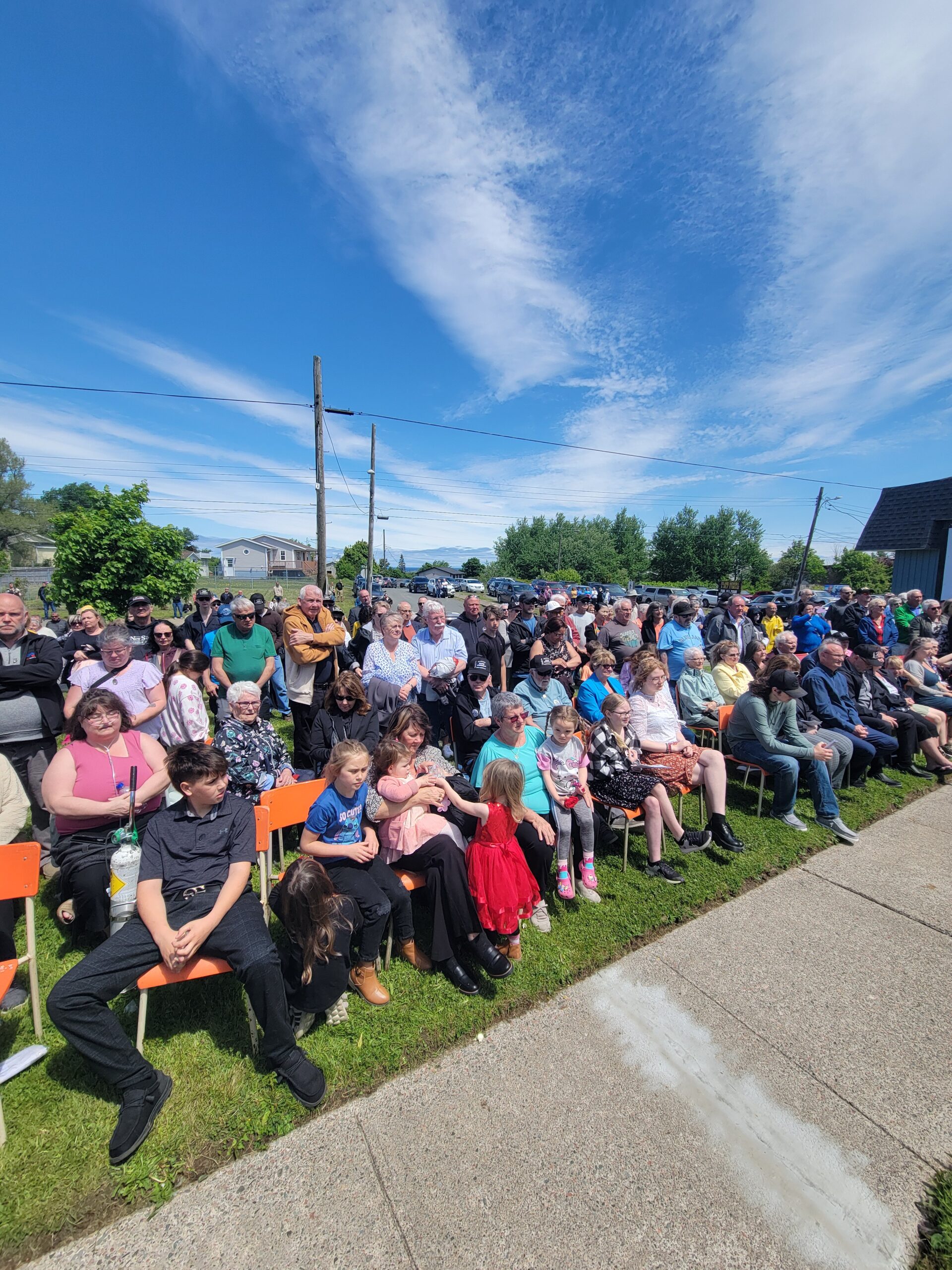 On June 11, 1925, in New Waterford, Nova Scotia, company police shot and killed William “Bill” Davis, a 37-year-old union coal miner. Davis had nine children and a tenth one on the way at the time. Davis was participating in a march of striking coal miners that fateful day. The miners worked for the British Empire Steel Corporation (BESCO) and the company had cut off credit at the company stores, leaving miners to depend on donations and relief payments to support their families.
On June 11, 1925, in New Waterford, Nova Scotia, company police shot and killed William “Bill” Davis, a 37-year-old union coal miner. Davis had nine children and a tenth one on the way at the time. Davis was participating in a march of striking coal miners that fateful day. The miners worked for the British Empire Steel Corporation (BESCO) and the company had cut off credit at the company stores, leaving miners to depend on donations and relief payments to support their families.
BESCO headed up a campaign to destroy UMWA, District 26, which had successfully organized Cape Breton’s 12,000 coal miners. After three months, there was no resolution, and it didn’t appear there would be one coming. At the beginning of June, the miners took control of the power plant that served mines in New Waterford and supplied water and power to the town.
In the early morning hours of June 11, company police recaptured the power plant and hundreds of miners, one being Davis, marched to Waterford Lake in protest. More than 300 shots were fired that morning by company police and a bullet struck Davis in the heart, ending his life. Multiple witnesses confirmed that Davis was unarmed, carrying nothing but a baby bottle of milk in his shirt pocket.
BESCO’S strategy was vicious: Starve the miners into submission. If the miners had no source of water, power or couldn’t shop at the company store, they would be starved out and have no choice but to return to work. Women and children were starving, but the company didn’t care. BESCO’s Vice President’s stance at the time was, “Leave them out two months, leave them out six months, it matters not; eventually they will have to come to us; they can’t stand the gaff.”
For months, thousands of Cape Breton families faced genuine starvation as BESCO maintained its blockade. The company’s refusal to accept arbitration and its escalating use of private police forces demonstrated the lengths to which capital would go to crush organized labor.
The strike ended in 1925, which was the sixth and final time that armed police were used against Cape Breton coal miners, with a combination of government intervention and miner unrest. The military ended the strike with force, but the miners achieved a significant victory by breaking up BESCO’s monopoly and influencing labor relationsacross Canada. They “Stood the gaff!”
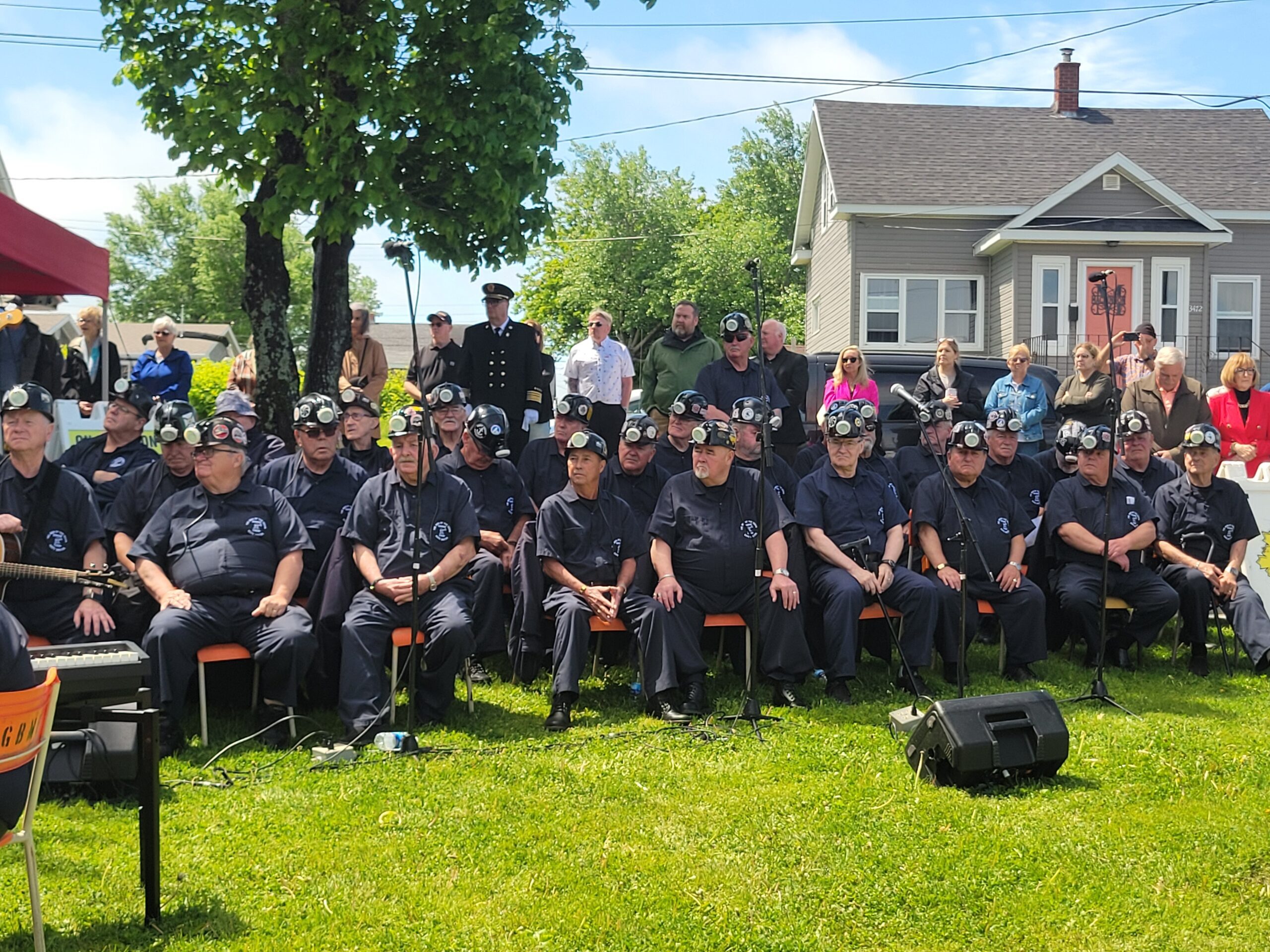
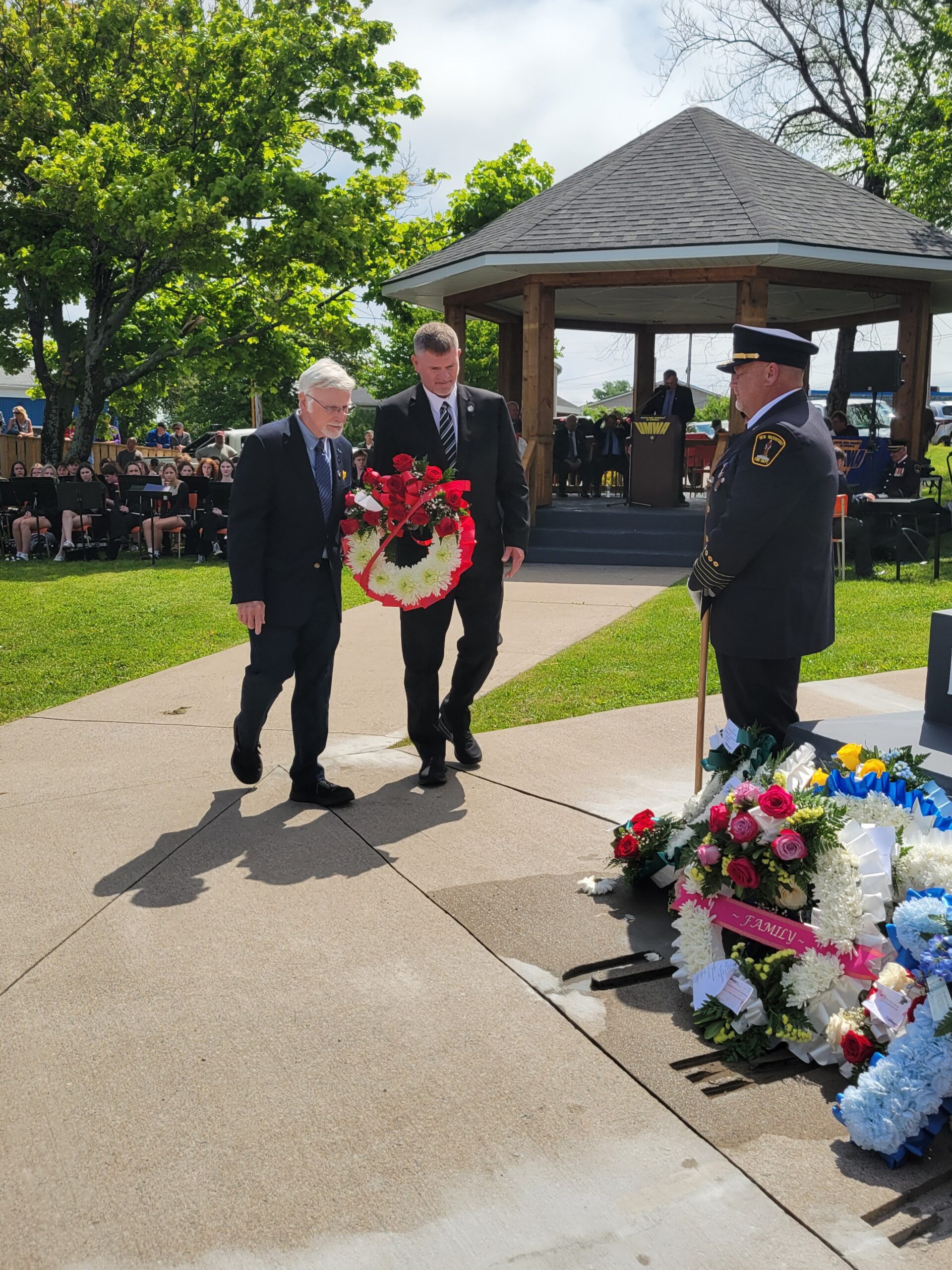
DAVIS DAY HONORS THE LEGACY OF MINERS WHO GAVE THEIR LIVES TO WORKERS’ RIGHTS. IT IS A TIME FOR FAMILIES, FRIENDS AND THE ENTIRE COMMUNITY TO REFLECT, REMEMBER AND STAND TOGETHER IN SOLIDARITY. THE UNITED MINE WORKERS OF AMERICA WILL ALWAYS KEEP THE SPIRIT OF WILLIAM DAVIS ALIVE.
–CECIL E. ROBERTS
100th Anniversary of Davis Day
Members of William Davis’s family traveled from near and far to New Waterford to reunite for the special 100th anniversary honoring the legacy of their beloved William “Bill” Davis. They held a family reunion on June 10th before the Davis Day ceremony kicked off on June 11th. “It means a lot for our family’s heritage and the traditions that we were taught when we grew up,” said Davis’s great grandson, also named William Davis, who traveled from Connecticut for the commemoration.
The morning of June 11th began with a church service held at the Calvin United Church, followed by the Davis Day Commemoration held at Davis Square in New Waterford. Bagpipers led a procession from the church, along Plummer Avenue, to the Miners’ Monument, where the ceremony took place. The Men of the Deeps, North America’s only coal miners chorus, performed during the church service and opened the ceremony with the singing of “Oh Canada.” Students from the Breton Education Centre High School band also performed during this year’s ceremony.
“The Men of the Deeps never miss performing for us at Davis Day,” said International Auditor/Teller Emeritus Bobby Burchell. “They mark this day on their calendar every year.
“It’s been a tradition for many years,” Burchell said. We appreciate everything they do for Davis Day. It’s in their blood, just like it is to everyone in Cape Breton and New Waterford. Davis Day isn’t Davis Day without them.”
President Roberts, Secretary-Treasurer Sanson, International District 2 Vice President Chuck Knisell, International Auditor/Teller Jody Dukart and International District 2 Vice President Emeritus Ed Yankovich attended and spoke at this year’s special ceremony.
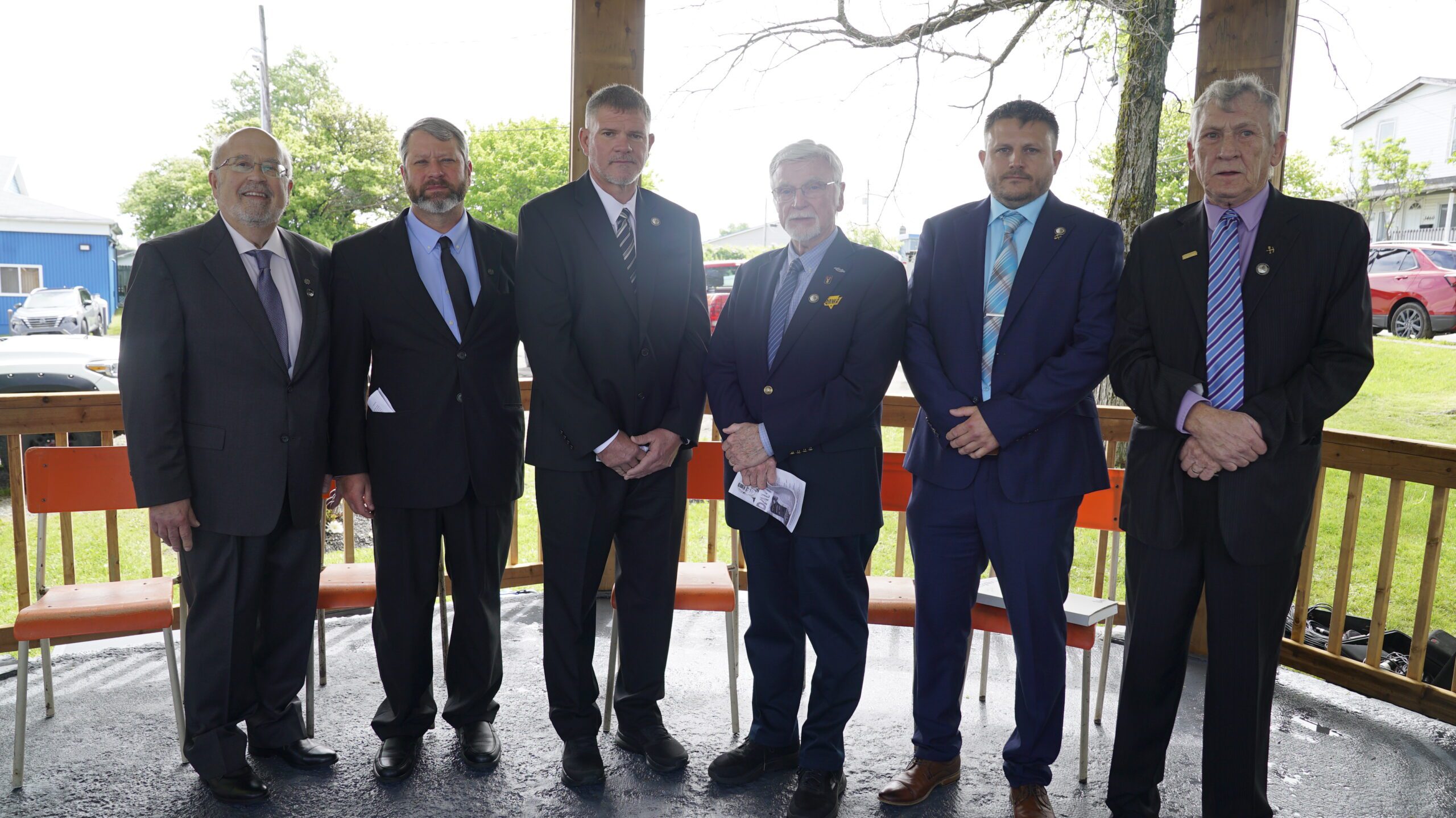
“Every time I hear “Working Man” (sung by The Men of the Deeps), I can’t help but tear up,” Knisell said to the crowd.
“If you don’t feel something when you hear the words, then you’re missing something in your soul. When you listen, you feel the sacrifice that miners make just to work for a living and provide food on the table for their families,” Knisell said. “This morning when we heard the song, we were all reminded of William Davis and the sacrifices he made.”
One of the students from the attending high school band, along with The Men of the Deeps, performed a beautiful rendition of the song “Rise Again.” The Laying of the Wreaths, a traditional part of the service, included descendants of the Davis family, local and provincial politicians and organizations, and union representatives from Canada and the U.S.
International Auditor/Teller Jody Dukart has attended Davis Day many times and values the importance of the celebrated day. “Davis Day reminds us that the struggle for workers’ rights is never finished,” said Dukart.
“It reminds us that each generation must be prepared to defend the gains won by previous struggles. William Davis was standing up for his family, his fellow miners and fair wages, only to be gunned down as if his life was worth nothing. We will never stop honoring him and all that he stood for in the face of adversity.”
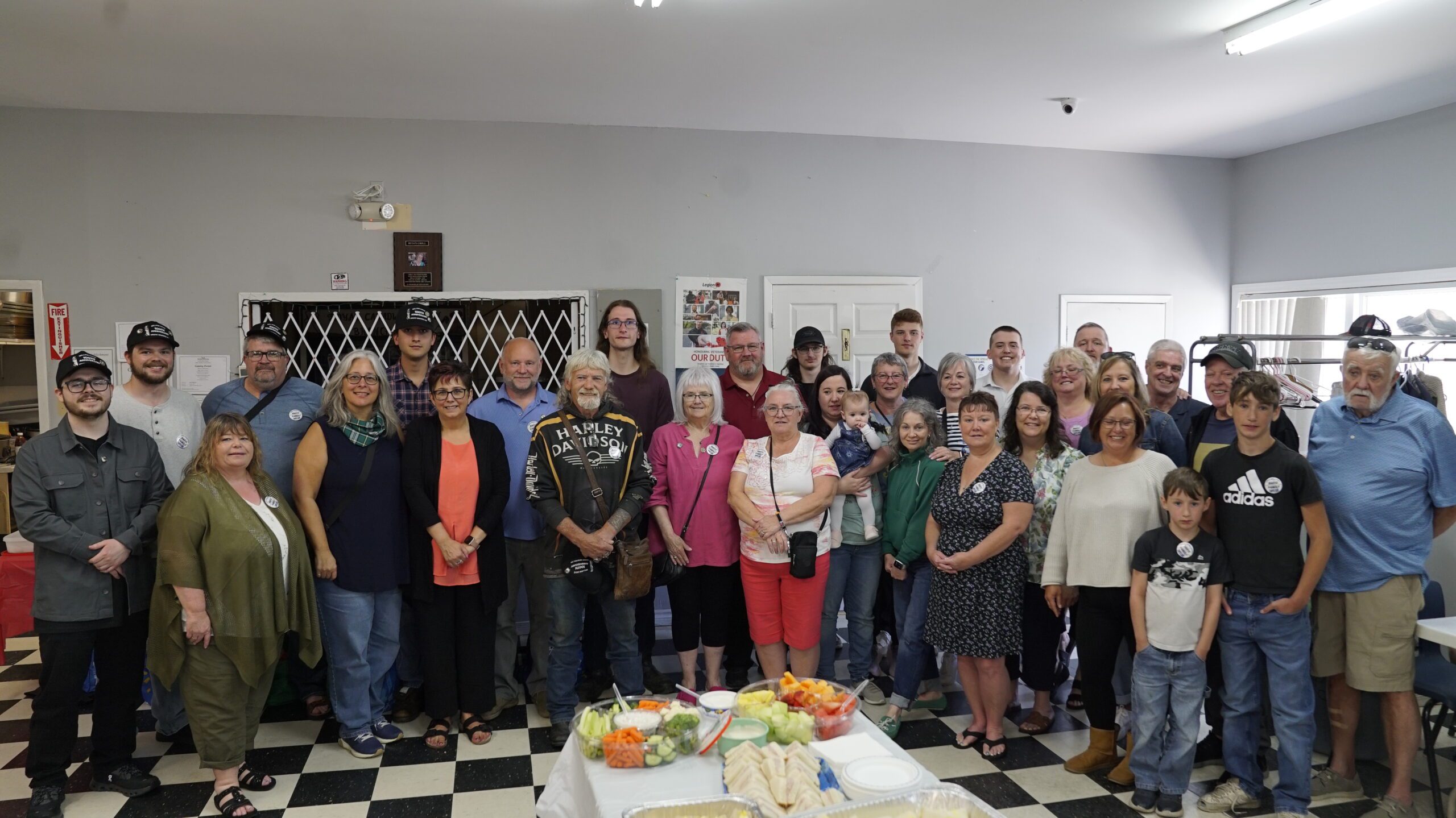
After comments from several local officials and politicians, Secretary-Treasurer Sanson addressed the crowd, relaying the message of how important democracy is and that workers’ rights are still being attacked today, just as they were 100 years ago. He then introduced the keynote speaker for the ceremony, firing up the crowd with, “Please welcome, my president, your president, the United Mine Workers of America president, Cecil E. Roberts!”
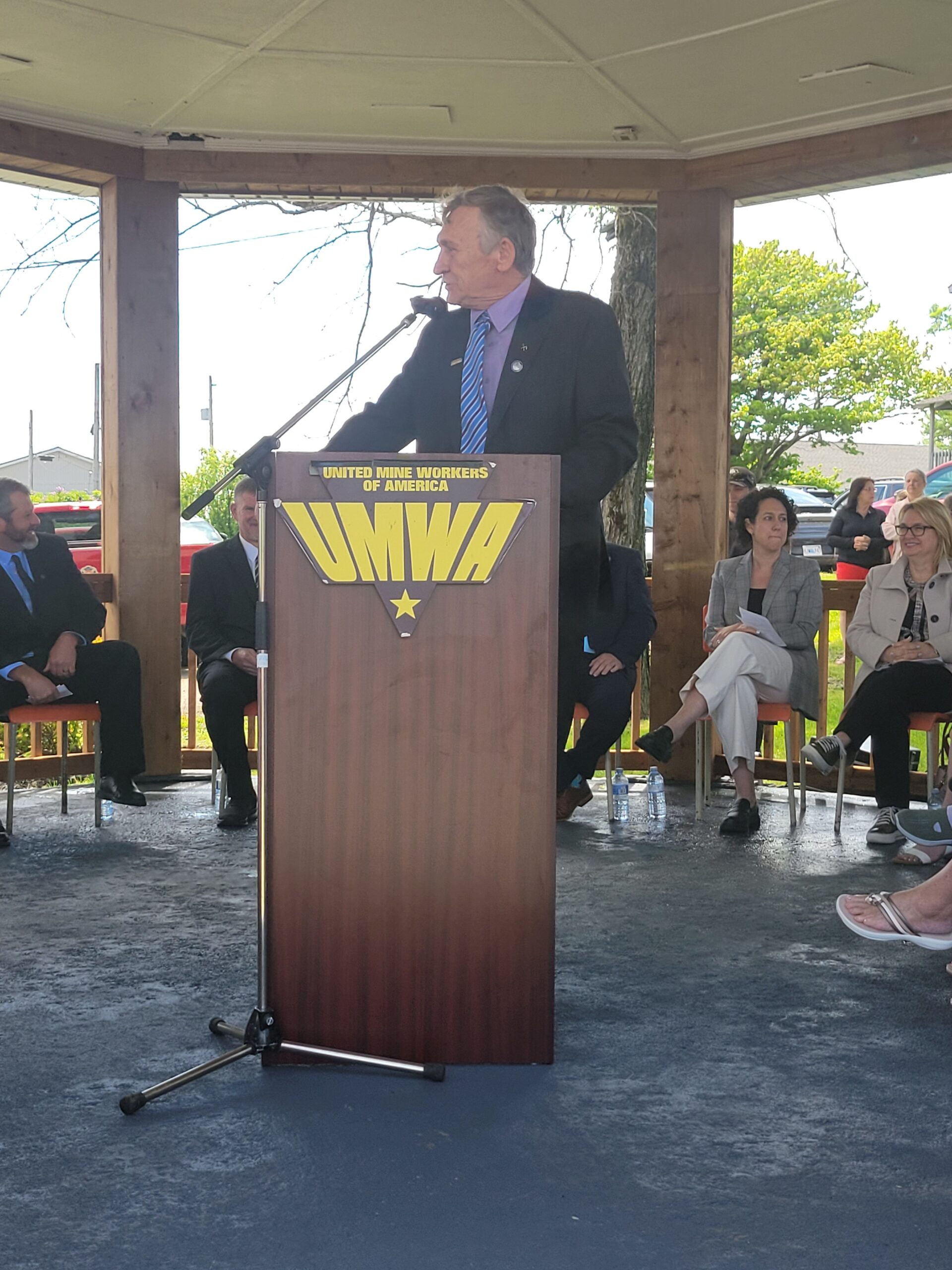
When President Roberts took to the stage, he announced there would be a presentation for none other than Brother Bobby Burchell. “Everyone here knows Bobby and knows how hard he works to make sure Davis Day is celebrated each year,” said Roberts.
Roberts presented Brother Burchell with the UMWA’s Actively Retired Award, leaving Burchell speechless. “I think we’ve done it, we’ve finally found a moment when Bobby has nothing to say,” Roberts said. The crowd chuckled amongst each other and applauded. Brother Burchell has been heading up Davis Day for the last 25 years, including the nine years since his retirement. President Roberts then began his focus on the 100th anniversary of William Davis’s murder.
“On June 11, 1925, thousands of our union brothers and sisters in Cape Breton, on strike and deprived of basic human necessities, marched to the company’s power facility outside New Waterford in an attempt to restore power and water,” said President Roberts.
“On that dark day, the cowardly and tyrannical company police opened fire on the unarmed miners, killing William Davis and wounding many others. Brother Davis was a skilled worker, union activist, husband and father whose life was tragically cut short, but his name became a rallying cry for the oppressed miners across Canada. His sacrifice
became a symbol of the determination and struggles of his union brothers and sisters,” Roberts said.
Roberts then recognized the veterans in the crowd, both from the U.S. and Canada, and thanked them for their service. He went on to talk about how unions built the middle class and fought for the health and safety laws that are in place today.
“The union took bad jobs and made them into good jobs. Health and safety was brought to you by the union,” Roberts said. “Solidarity was brought to you by the union. If you want to know where the middle class came from, it was the labor movement, and William Davis knew that.”
The ceremony was brought to a close with a beautiful rendition of “Working Man” by The Men of the Deeps, the local high school band and joined in by the crowd.
After Davis’s death in 1925, June 11 was declared Davis Day in remembrance of his ultimate sacrifice. Over the years, Davis Day has become more than just a tribute to William “Bill” Davis and his fight for fair wages. The event,
also known as Miners’ Memorial Day, has become a day of remembrance for all miners who have died because of accidents or disasters.
DAVIS DAY IS A TIME TO REMEMBER THE SACRIFICES MADE BY MINERS LIKE WILLIAM DAVIS AND RENEW OUR COMMITMENT TO ADVOCATING FOR THE DIGNITY, SAFETY AND RIGHTS OF WORKERS EVERYWHERE.
–BRIAN SANSON

